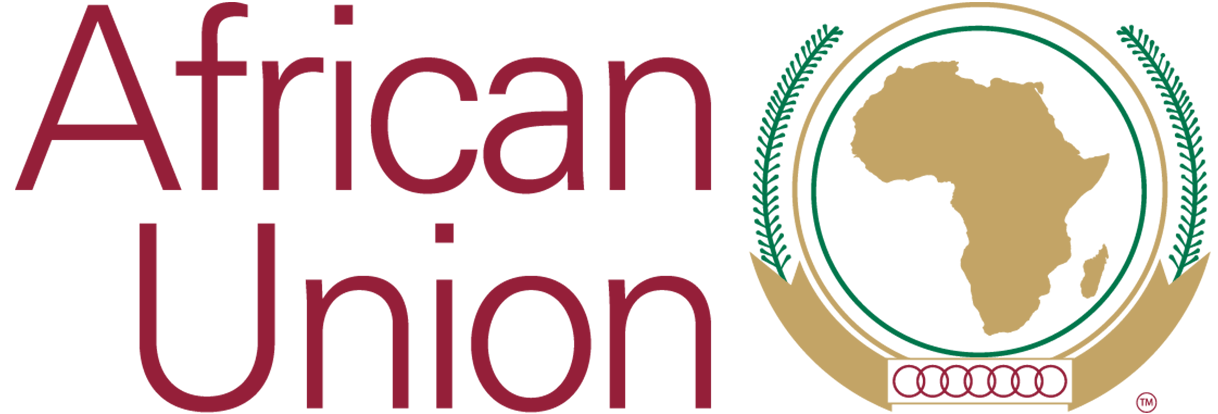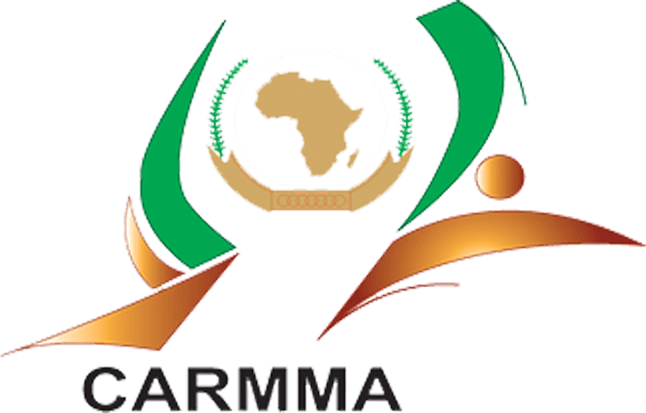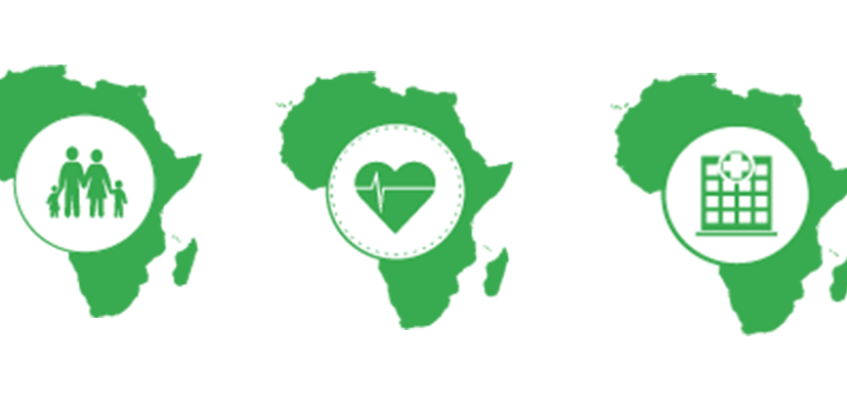Quality statistics is significant in all areas of the socio-economic, political and cultural integration. Integration of statistics constitutes an important part of the program for the development of statistics in Africa. Over the years, Africa has been faced with a challenge of relying on secondary data sources in producing harmonized, high quality and comparable data. Health data particularly has experienced technical, logistical and technological capacity challenges and further lack of adequate and sustainable financial resources.
It is against this backdrop that on October 14, 2020 the African Union Commission (AUC) Department of Social Affairs and Department of Economic Affairs - Statistics Division together with the African Union Development Agency (AUDA-NEPAD), African Peer Review Mechanisms (APRM) and South African Medical Research Council (SA-MRC) organized a virtual meeting for member states to update them on derived health indicators and the Strategy for Harmonisation of Statistics in Africa (SHaSA). SHaSA is a continental effort that directly supports the African integration agenda by identifying key priority areas of the African integration process that need to be supported by statistics through promoting and coordinating the production of quality statistics for Africa. The meeting also aimed to establish a roadmap on continental sources of data from member states.
The virtual meeting was attended by designated representatives of member states from the National Statistical Offices (NSO) and Ministries of Health. Collectively, they established the existing structures and capacity within member states to collect, analyse and utilise data on the selected indicators for informing policy and practice. Through this participatory process the representatives identified potential bottlenecks in domesticating the proposed indicators in member states for harmonised and sustainable data processes.
Speaking at the opening session of the meeting Dr. Jose Awong Alene, Senior statistician at the Department of Economic Affairs of the African Union underscored the significance of health data for both decision and policy making. “In order to govern one must have solid and relevant data in which the diagnosis is made. Therefore, the AUC is committed to promoting statistics on the continent with the establishment of Africa bureau of statistics in Tunisia and Pan African statistics training centre in Cote D’Ivoire,” he said. He further stressed that quality statistics has always been at the helm of concern for African leaders as evidenced through the adoption of African charter on statistics 2009 and the strategy for Harmonisation of Statistics in Africa (SHaSA) 2010.
Recognizing that the availability of free and easy to access data contributes to greater public accountability the member states proposed to have a reliable and sustainable process for data collection, analysis and utilisation at the national, regional and continental levels. Member states consequently discussed a clear coordination mechanism, roles and responsibilities as well as integration of new developments in the statistical domain. The participants came up with an action plan with concrete and realistic activities; data sources and application of data analysis and visualization software. The member states focal persons will reconvene in January for a training to build their capacity on reporting on the health indicators.
The need for Africa to provide and contribute to the availability of data that can be accessed through its African Institutions including CARMMA Platform, Africa Health Stats, and CARMMA Scorecard is imperative and the data should be sourced and collected from the Africa Statistical Institute. One of the recognized African Union Commission’s (AUC) data visualization platform is the African Health Stats https://www.africanhealthstats.org/of the Department of Social Affairs. This evidence - based online health data platform allows users to chart, map and compare key health indicators across all 55 African Union member states. African Health Stats shows progress and commitments on the global and African Union health policies and monitoring frameworkindicators across African Union member states. The site provides vital evidence for the AUC to influence and motivate policymakers to take action on health challenges in the continent.








